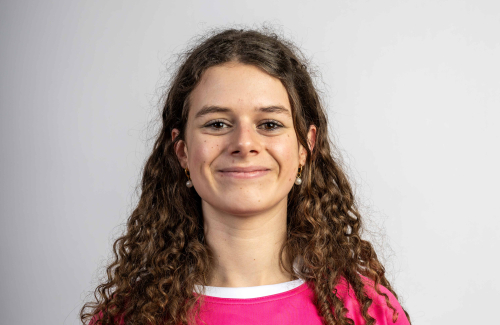More Pembroke news
Exhibition in Pembroke JCR Art Gallery sheds light on the darkness of disappearance
NEWS |
In the JCR Art Gallery’s current exhibition, Disappearance of Worlds, works by Mexican painter Chantal Meza encapsulate the violence and consequence of enforced disappearance through tumultuous Turner-esque forms. In a conversation with art critic Will Gompertz at the exhibition’s opening, Meza expressed her curiosity as to why people describe her paintings as beautiful. Meza herself feels that “the paintings are quite violent”. She wonders, however, whether there is beauty in human empathy for each other’s pain, which she hopes her paintings express.
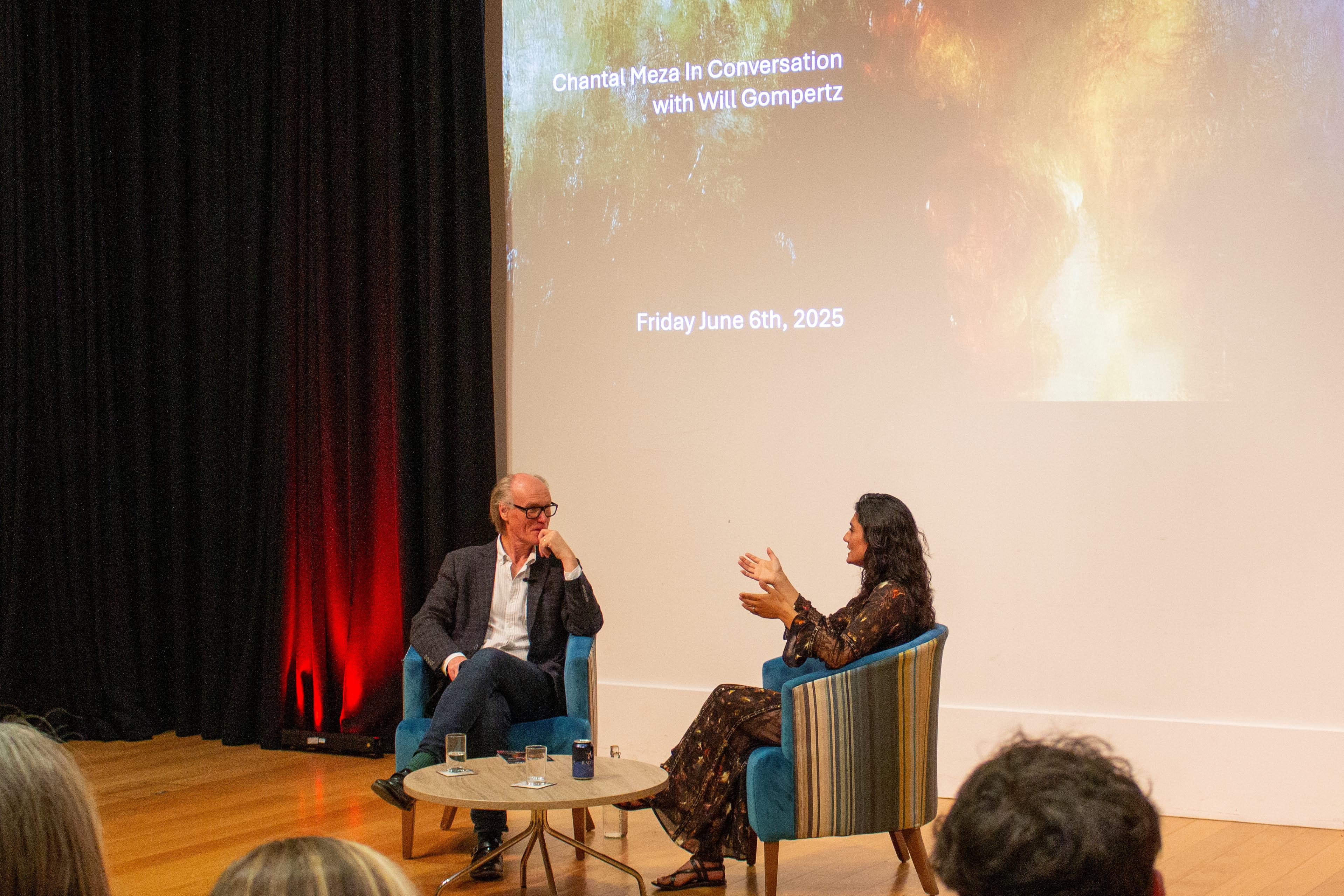
The exhibition, which opened in the Pembroke JCR Art Gallery on 6th June and runs until 22nd June, confronts disappearance in its varied forms, encouraging us to consider the role art can play in responding to such violence. A series of talks accompanying the exhibition addresses these very issues.
For many of us, stories of the forced abduction of people around the world and the continuous discovery of mass clandestine graves and extermination camps force us, even momentarily, to confront the unimaginable: disappearing without a trace. Yet for some families, the disappearance of loved ones is far from unimaginable, it is their reality. This is the case for sisters Lizet and Carmen Cardona, members of the Corazones Robados Searching Mothers’ Collective, whose father disappeared over a decade ago.
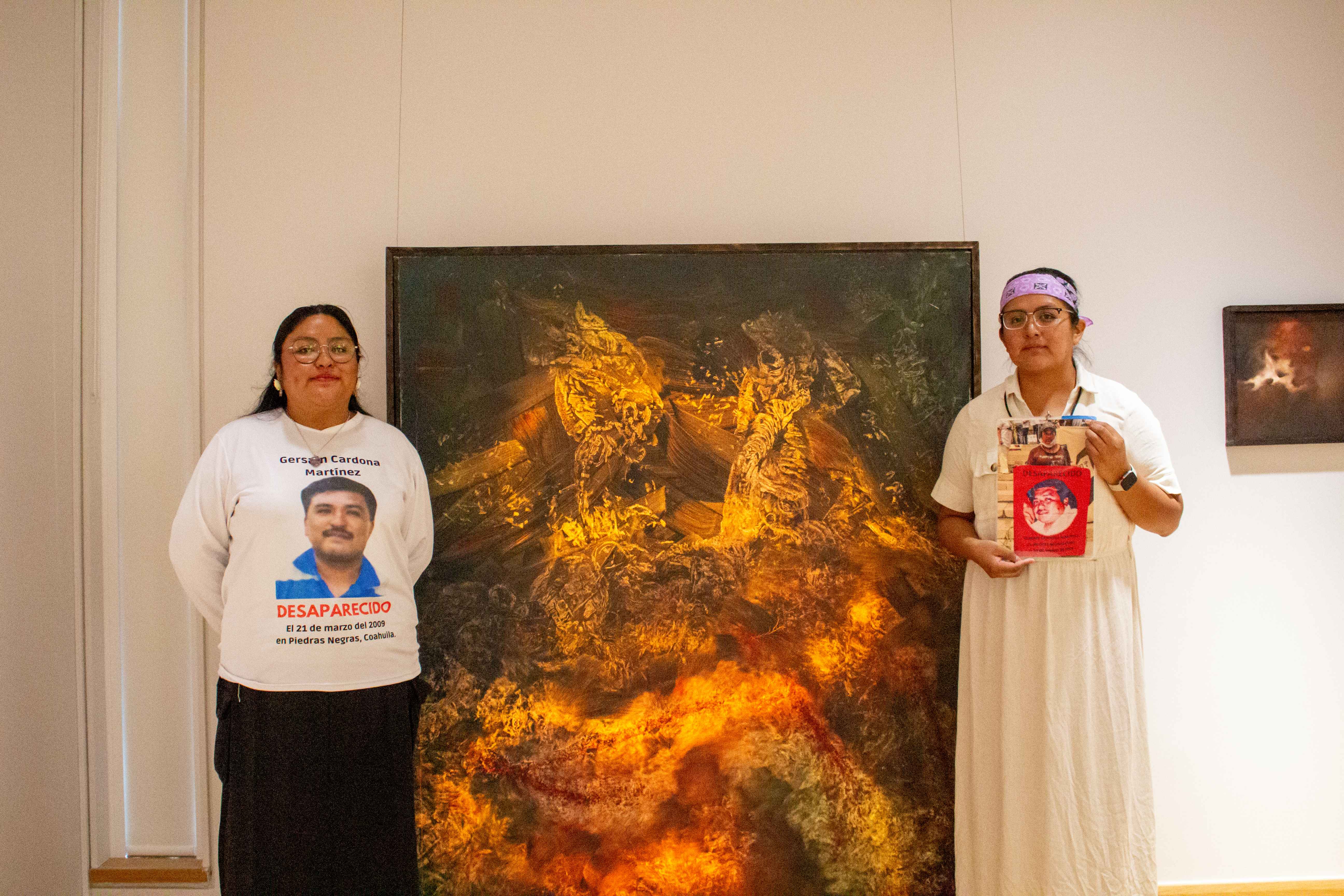
Having travelled from Mexico to Oxford to share their story with audience members at Pembroke last week, the sisters are seeking to raise awareness about the lived consequences of having a family member disappear. “The right to know what has happened to a loved one is a fundamental human right protected by the law,” attested Caroline Douilliez, Head of Missing Persons Centre for the International Committee of the Red Cross, in a speech accompanying the exhibition’s opening.
A close look at some of Meza’s paintings reveals ghostly forms emerging from the earthy and fiery tones of her canvases as she pays tribute to these disappeared people. Art, Meza is convinced, cannot just be for art’s sake. During her conversation with Gompertz she describes her early career as an artist as a journey to self-discovery – the realisation that she could not in good faith make art that wasn’t political. Especially not after hearing the testimonies of women, including Lizet and Carmen, who have lost and cannot find those closest to them.
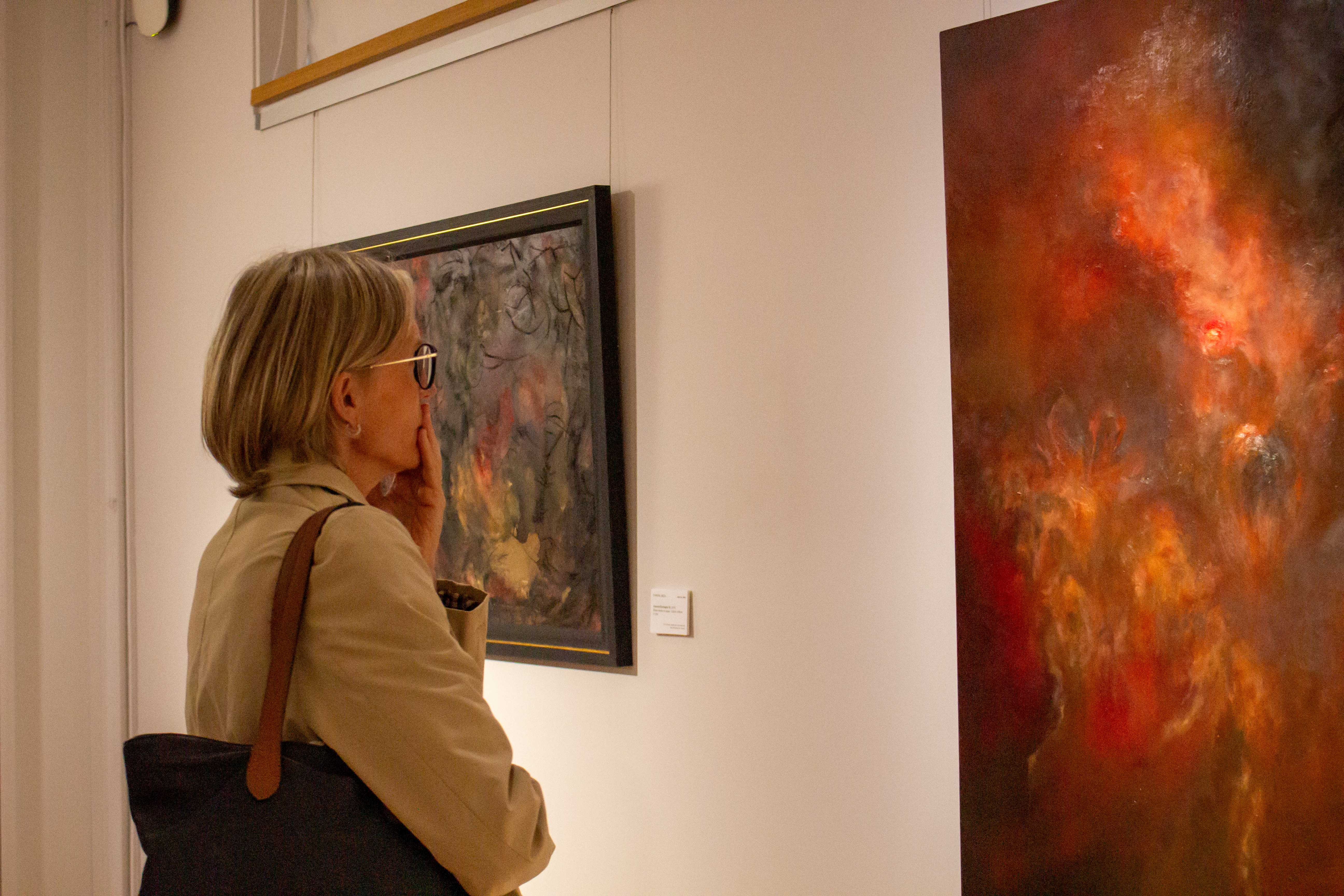
As part of a series of talks accompanying the exhibition, Indira Navarro, leader of the searching mothers’ collective ‘Guerreros Buscadores de Jalisco’, will speak with Miguel Moctezuma, a researcher based at Pembroke who has developed technologies to help women such as Navarro to discover mass graves. Further discussions will feature former Humanitarian Director of Save the Children, Gareth Owen, incoming co-director of Asylum Welcome, Hari Reed, and Prinicipal of Somerville College, Oxford, Baroness Jan Royall, invited by Dr Michelle Castellatti, director of the Oxford Festival of the Arts.
Operations Bursar at Pembroke, Vanessa Gouws, who initiated conversation with the artist last year, shares: “Our core purpose as a College is to serve the common good through education and research, and we feel a responsibility to respond to real-world challenges like this. This project is a wonderful example of the kind of interdisciplinary collaboration and conversation which we believe is so key to finding solutions to these challenges. It is a real honour to welcome Chantal Meza and her collection and to hear throughout the month from those affected by and those responding to the problem.”
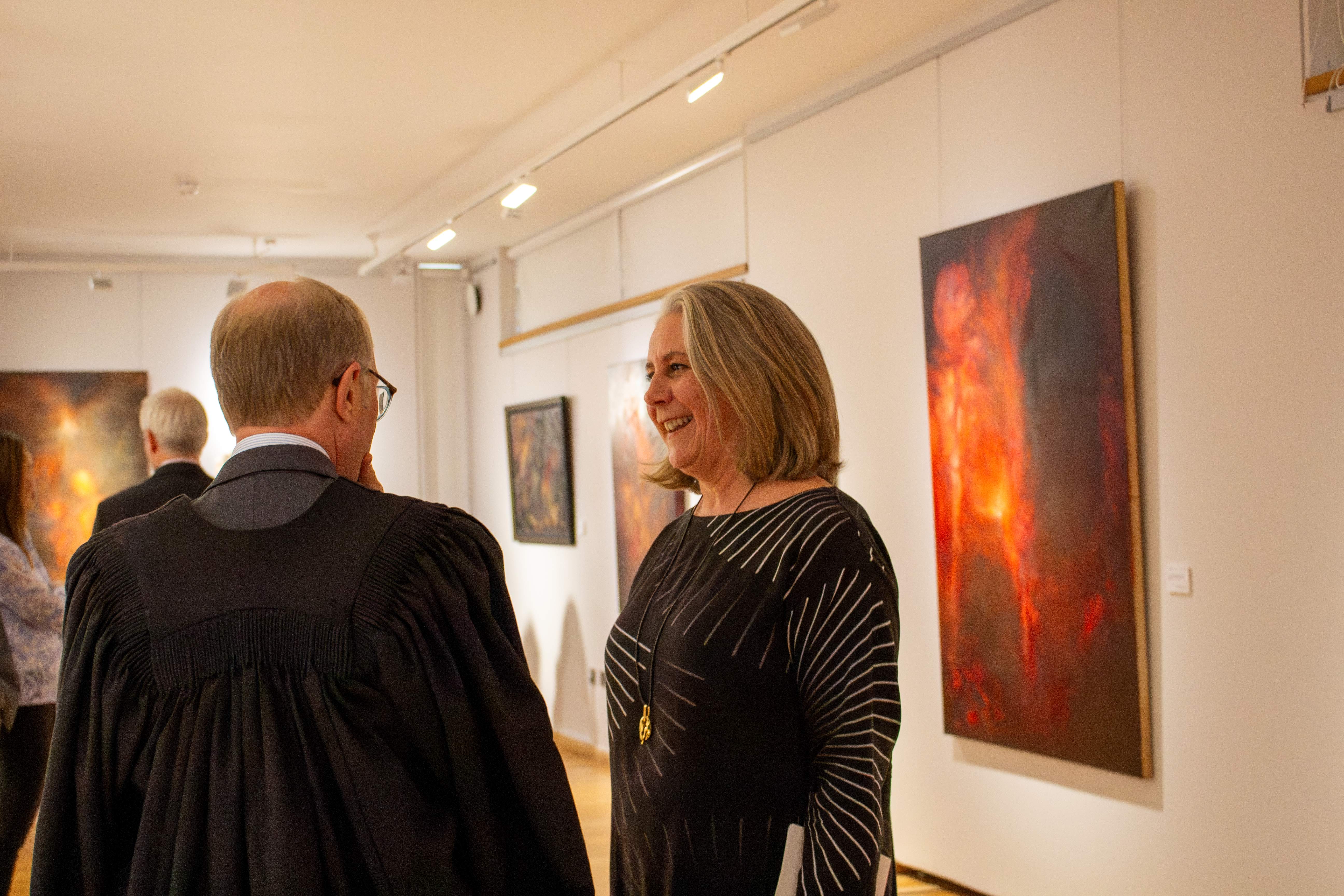
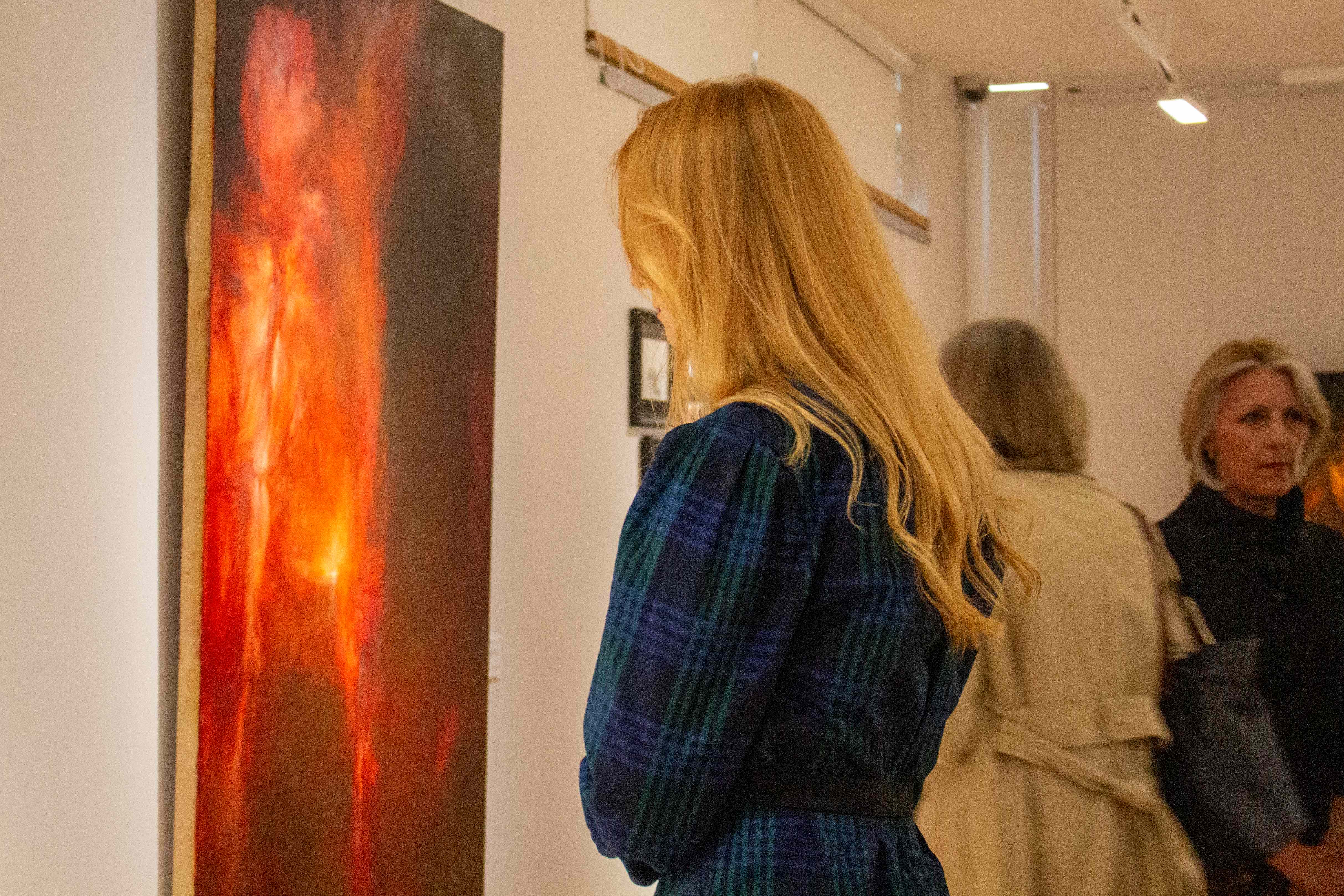
We hope you will join us at the Disappearance of Worlds exhibition and accompanying talks, many of which were organised in collaboration with Oxford Festival of the Arts. You can find out more about the project and programme here.
This project is a collaboration between Pembroke JCR Art Fund; Oxford Festival of the Arts; Pembroke College, Oxford; the Centre for the Study of Violence, University of Bath; FrontierTech; The Found Project; Oxford Global Security Programme; the Violence & Transitional Justice Lab, University of Notre-Dame; and the Human Rights Program, Universidad Iberoamericana, Ciudad de México.

